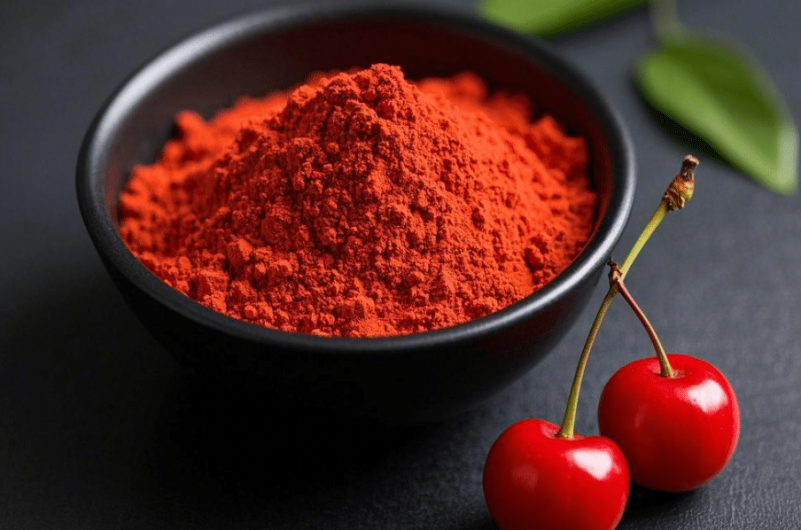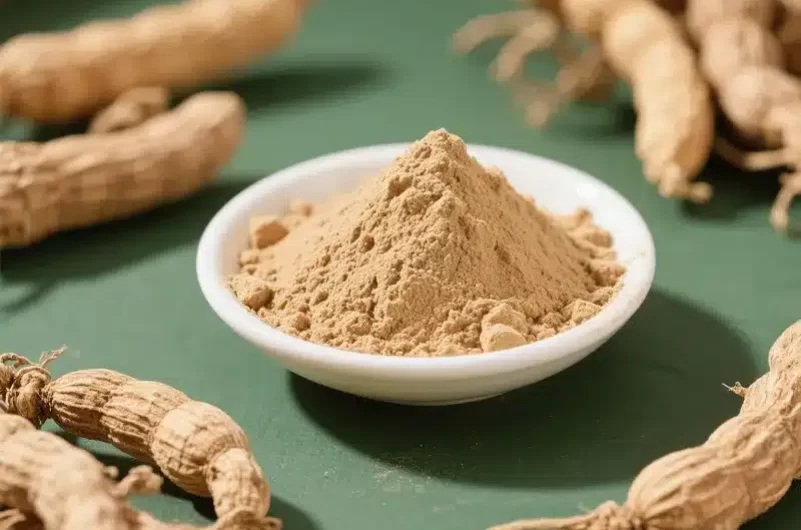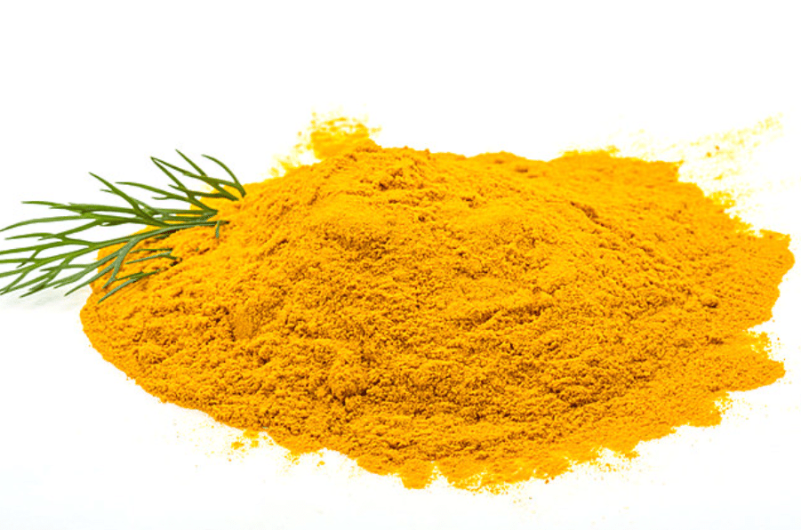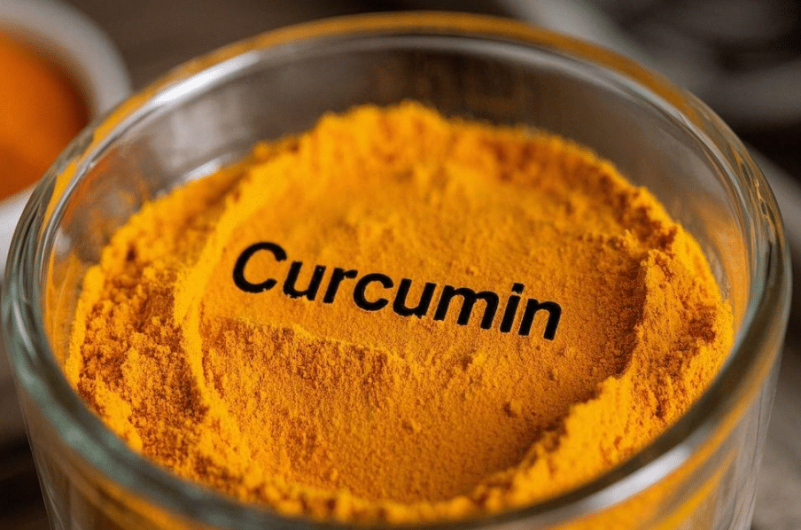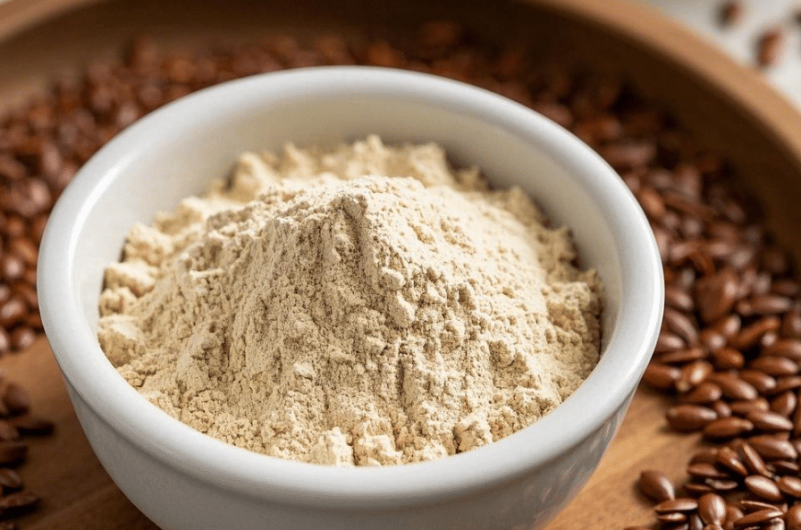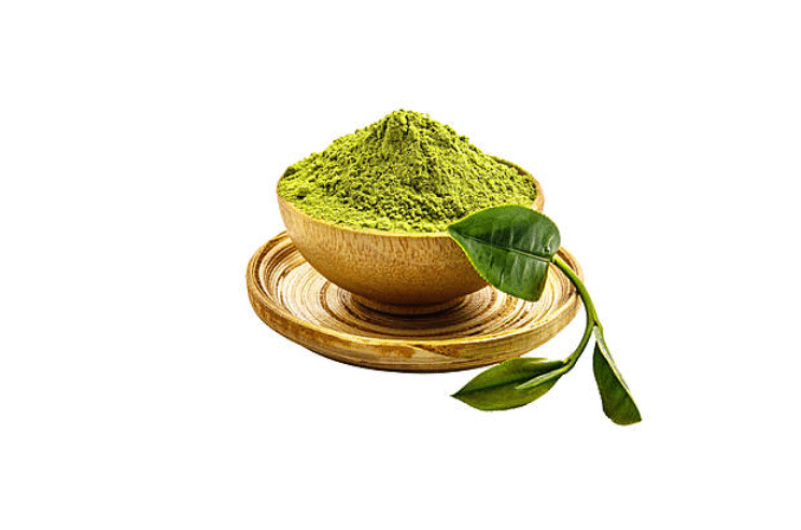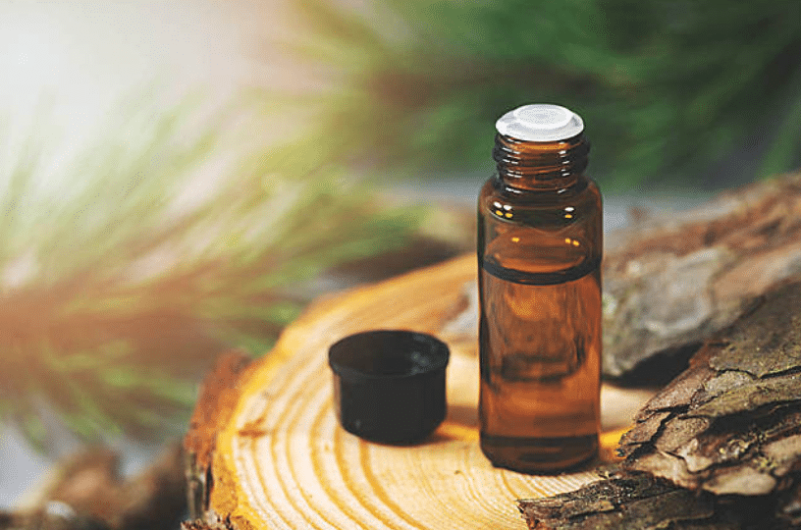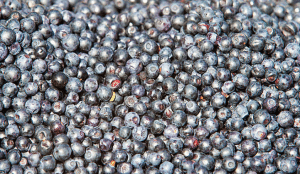herb extracts supplier
Welcome to Gensei, your premier herb extracts supplier for a diverse selection of high-quality botanical extracts. As a leading supplier in the industry, we offer an extensive range of herb extracts to meet the needs of the dietary supplement, food, and cosmetic industries. Our catalog includes a specialty in chinese herb extracts, sourced from trusted growers and processed to maintain their natural potency and efficacy.
We understand the growing demand for traditional remedies, which is why we offer a variety of chinese herb tea extract options, perfect for formulating health-promoting beverages and supplements. Beyond traditional Chinese herbs, our selection also features specialized extracts like Vaccinium Myrtillus Fruit Extract, known for its antioxidant properties, and Pine Bark Extract powder, valued for its various health benefits.
As a dedicated herb extracts supplier, we are committed to providing our clients with ingredients that meet the highest standards of quality and purity. Our sourcing process ensures that you receive potent and effective extracts, whether you are looking for traditional chinese herb extracts, specific compounds like Vaccinium Myrtillus Fruit Extract, or bulk quantities of Pine Bark Extract powder. Trust Gensei as your reliable partner for all your herb extract needs, including specialized chinese herb tea extract options. Explore our comprehensive selection and discover the perfect botanical solutions for your products.
Why Choose Gensei as Your herb extracts supplier?
When it comes to sourcing high-quality and effective herb extracts, Gensei stands as your trusted partner. We offer a comprehensive selection, specializing in both traditional and innovative botanical solutions to meet the diverse needs of your business.
Extensive Range Including Premium Chinese Herbs
Specialized Chinese Herb Tea Extract Options
High-Quality Vaccinium Myrtillus Fruit Extract
Bulk Pine Bark Extract Powder Available
Unwavering Commitment to Quality and Purity
Global Sourcing and Competitive Pricing
Expert Support and Custom Solutions
Our State-of-the-Art Manufacturing Facilities
Explore our modern facilities equipped with advanced technology to ensure the highest quality in the production of your vitamins, herbal extracts, minerals, and amino acids.

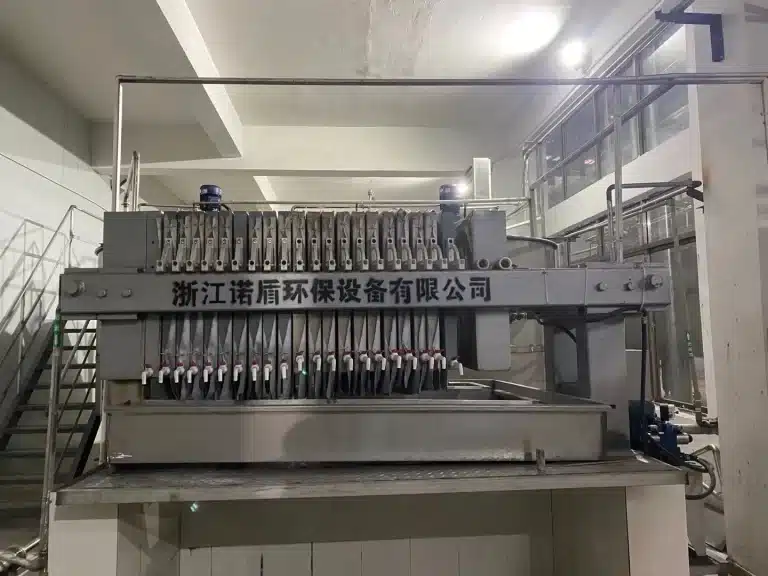
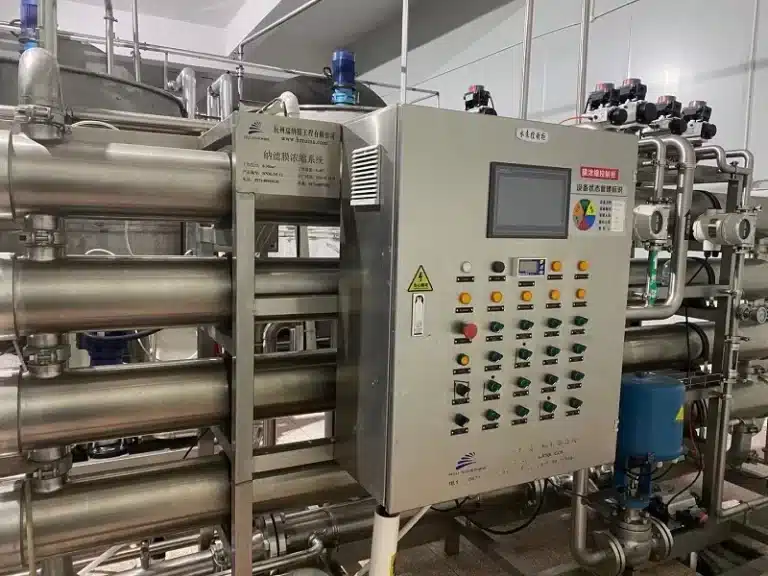
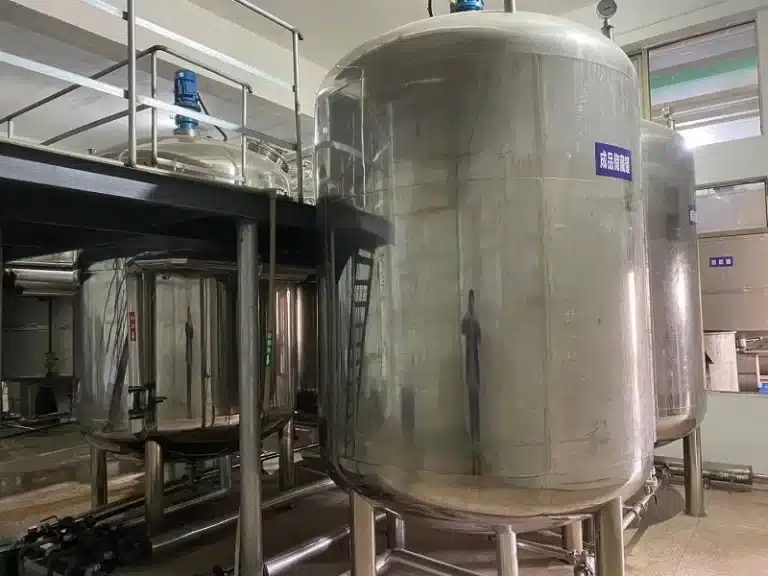
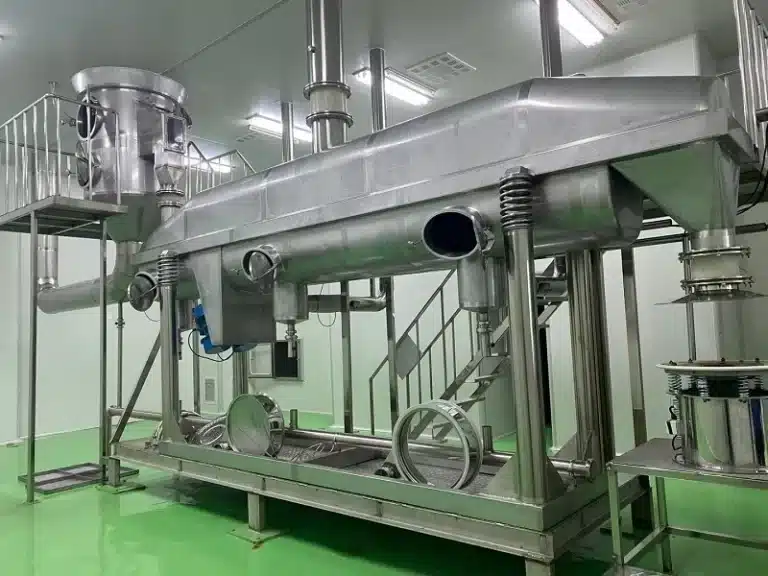




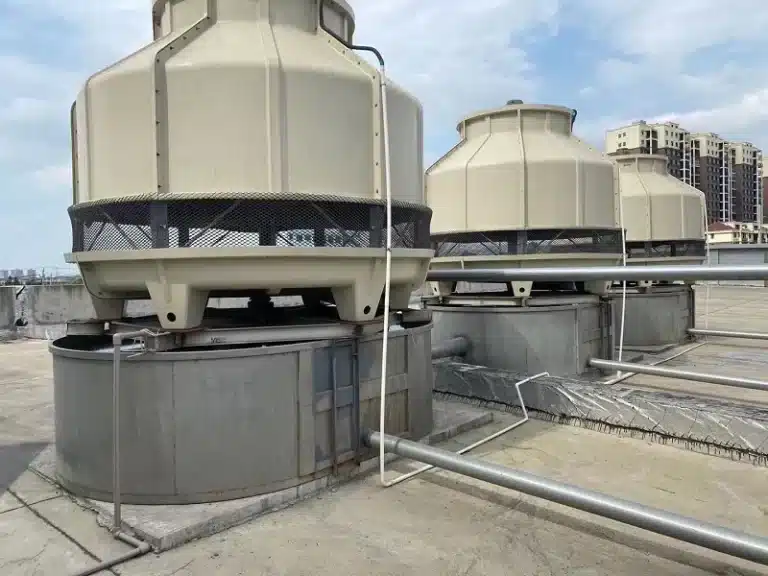
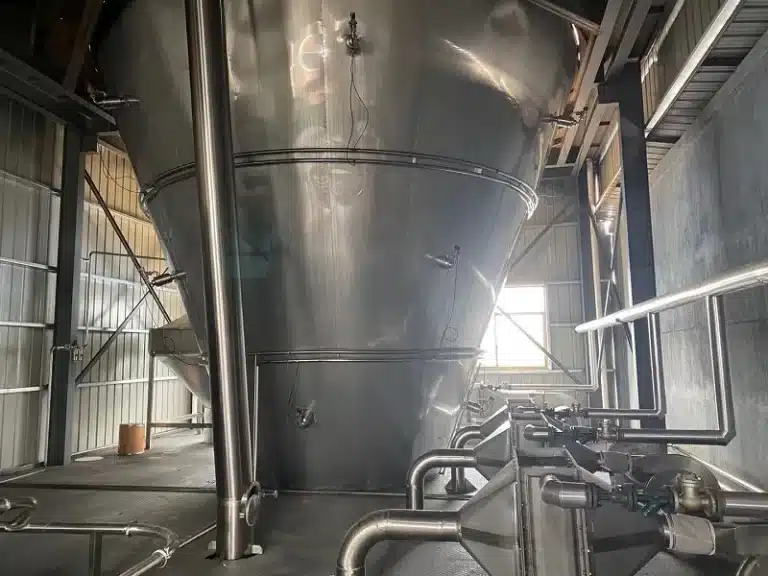
Detailed Herb Extracts Extraction Process Flowchart
1. Raw Material Preparation
(Optimal time for compound concentration)
(Remove soil, dirt, contaminants - washing, rinsing)
(Reduce moisture - air, sun, oven, freeze-drying)
(Grinding, milling to increase surface area)
2. Extraction
(Solvent: Water, Ethanol, Methanol, Hexane, Ethyl Acetate;
SFE: Supercritical CO2;
UAE: Ultrasound-Assisted;
MAE: Microwave-Assisted)
(Herb material mixed with chosen solvent)
(Ensures good contact for compound dissolution)
(Specific duration and temperature for optimal yield)
3. Processing & Quality Control
(Filtration: Remove plant material;
Centrifugation: Separate based on density)
(Evaporation: Remove solvent, often using rotary or vacuum evaporation)
(Chromatography: Separate compounds by properties;
Membrane Filtration: Separate by size;
Crystallization/Precipitation: Selectively isolate compounds)
(Spray Drying: Liquid sprayed into hot air;
Freeze Drying: Sublimation of frozen solvent;
Vacuum Drying: Drying under reduced pressure)
(HPLC/GC-MS: Identify & quantify compounds;
Microbial Testing: Check for bacteria, yeast, mold;
Heavy Metals Testing;
Residual Solvents Testing)
This flowchart provides a more detailed overview of the herb extracts extraction process, outlining the key considerations and techniques involved in each step.
FAQ
- Steam Distillation: This is the most common method. Steam is passed through the plant material, causing the essential oils to vaporize. The vapor is then cooled and condensed, separating the oil from the water.
- Hydrodistillation: The plant material is submerged in water and heated. The steam and essential oils are then condensed and separated.
- Solvent Extraction: A solvent (like hexane or ethanol) is used to dissolve the essential oils. The solvent is then evaporated, leaving behind the concentrated oil. This method is often used for delicate flowers or when steam distillation is not efficient.
- Expression (Cold Pressing): Primarily used for citrus peels, this method involves mechanically pressing the plant material to release the oil.
- Water: For water-soluble compounds (e.g., teas, infusions, decoctions).
- Alcohol: For a broader range of compounds, including those not easily soluble in water (e.g., tinctures).
- Glycerin: A sweet, non-alcoholic solvent (e.g., glycerites).
- Vinegar: Can extract certain minerals and compounds (e.g., herbal vinegars).
- Oil: For fat-soluble compounds (e.g., infused oils).
- Infusion: Pouring hot (not boiling) water over the herb and steeping for a period (like making tea from leaves or flowers).
- Decoction: Simmering tougher plant parts like roots, bark, or seeds in water for a longer time to extract their constituents.
- Percolation: Slowly pouring hot water through a container of the herb, allowing the water to extract compounds as it passes through.
- Water: As mentioned above (infusions, decoctions, percolations).
- Glycerin: Glycerin can dissolve many herbal constituents and creates a sweet-tasting extract.
- Vinegar: Especially apple cider vinegar, can be used to extract minerals and certain other compounds.
- Oil Infusion: Soaking herbs in a carrier oil (like olive oil or almond oil) over time, often with gentle heat, to extract fat-soluble compounds.
Extracting essential oils from dried herbs follows the same methods as with fresh herbs (steam distillation, hydrodistillation, solvent extraction, expression). In many cases, dried herbs are preferred for essential oil extraction because the drying process concentrates the volatile oils.
Extracting pure essential oils at home can be challenging and potentially dangerous without proper equipment. However, you can make infused oils at home:
- Infused Oil Method: Gently heat a carrier oil (like olive oil) and add your chosen dried herb. Let it infuse for several hours on very low heat or over a few weeks at room temperature. Strain out the herbs. This oil will contain some of the herb's oil-soluble compounds and aroma.
A herb extract is a concentrated preparation made by dissolving the active chemical constituents of a plant in a solvent. The solvent is then often partially or fully removed, leaving behind a concentrated form of the herb's beneficial compounds. Extracts can come in liquid, solid (powder), or semi-solid forms.
Bacopa herb extract is derived from the Bacopa monnieri plant, also known as Brahmi. It is commonly used in traditional Ayurvedic medicine and is known for its potential cognitive-enhancing properties, such as improving memory, focus, and reducing anxiety. The extract typically contains compounds called bacosides, which are believed to be responsible for these effects.
Kanna herb extract comes from the Sceletium tortuosum plant, native to South Africa. It has been traditionally used by indigenous peoples for its mood-altering and stress-relieving properties. The extract contains alkaloids like mesembrine, which are thought to affect serotonin levels in the brain, contributing to its effects.

